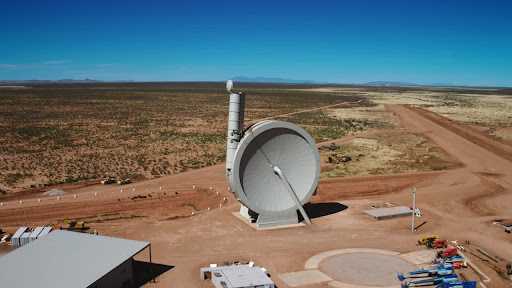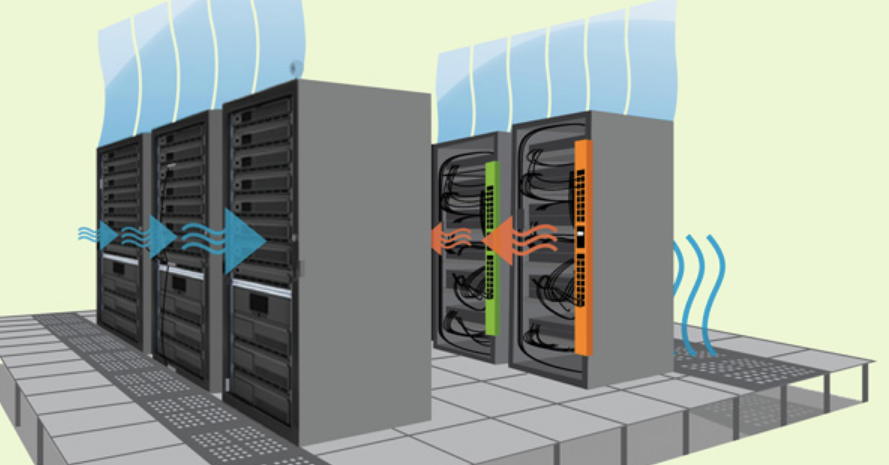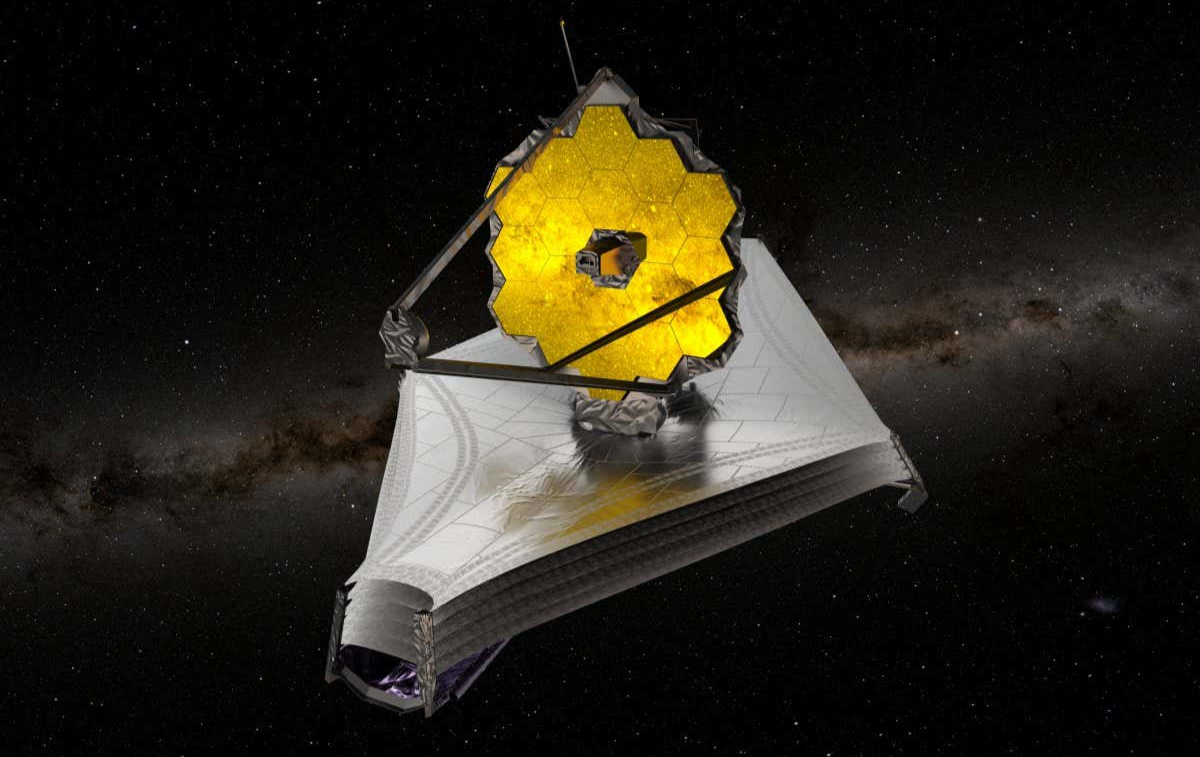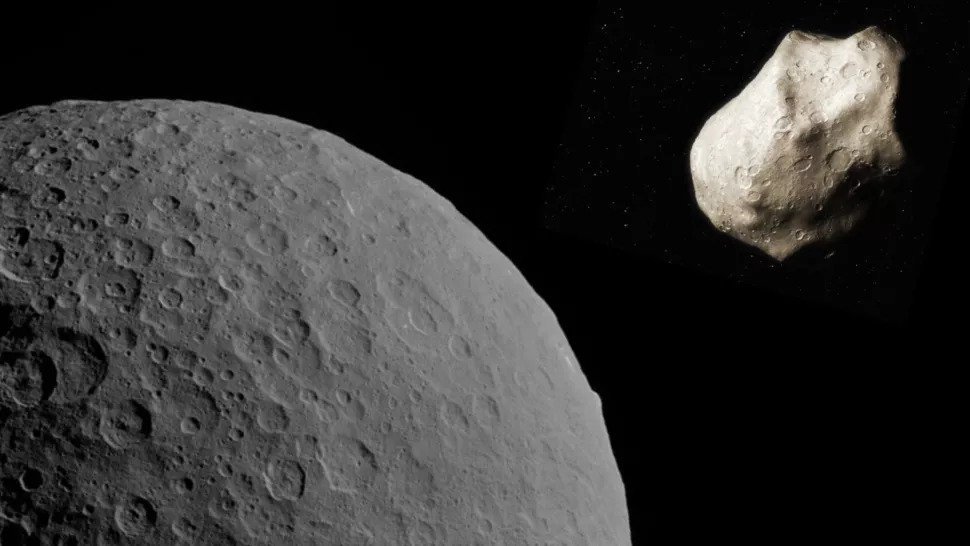#spinning

Image: SpinLaunch
SpinLaunch, a startup aiming to launch payloads into space via centrifuge, announced a $71 million Series B round earlier this week at an undisclosed valuation.
💫 How it works… Essentially, SpinLaunch uses kinetic energy instead of rocket fuel to launch its payloads. This is done using a large vacuum-sealed centrifuge with a hypersonic tether, which spins the launch vehicle at a high enough velocity to escape Earth’s atmosphere (~5,000 miles per hour, or ~6.5x the speed of sound). Think: a discus launched into outer space, but by a machine instead of a human.
- By 2026, SpinLaunch plans to launch satellites into space that are custom-built to withstand the incredible amount of force generated during launch – up to 10,000 Gs, or 10,000x Earth’s gravity.
- The company has already completed eight successful test launches, most recently sending a 10-foot projectile about 25,000 feet into the air after attaching a camera to it. And the first seven must’ve gone fairly well, considering SpinLaunch signed an agreement with NASA earlier this year to conduct further testing.
🚀 Zoom out: The global space launch industry was valued at nearly $13 billion last year, and is projected to grow to ~$32 billion by 2029, per research firm Fortune Business Insights. And those figures don’t even include the valuations of companies like Blue Origin or SpaceX – the latter of which ranks as the most valuable startup in the US (~$127 billion).
Share this!
Recent Science & Emerging Tech stories

Science & Emerging Tech
| September 20, 2022How data is helping people stay warm this winter
⚡ Several Nordic cities have launched projects aiming to recycle the large amounts of heat given off by data centers, something typically treated as a useless byproduct.

Science & Emerging Tech
| September 20, 2022The James Webb is breaking science... according to science
🔭💨 The tools astronomers typically use to decode images of outer space may not be good enough to keep up w/ the James Webb, per a new peer-reviewed study published in Nature Astronomy.

Science & Emerging Tech
| September 19, 20222022 just got even harder
Scientists have confirmed the existence of a mineral that’s stronger than diamond and only found in rock samples from outer space.
You've made it this far...
Let's make our relationship official, no 💍 or elaborate proposal required. Learn and stay entertained, for free.👇
All of our news is 100% free and you can unsubscribe anytime; the quiz takes ~10 seconds to complete